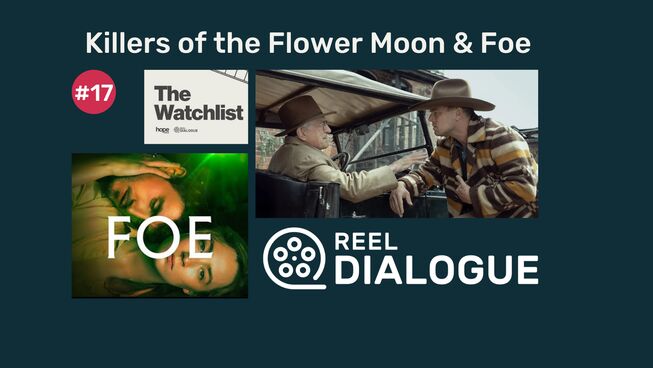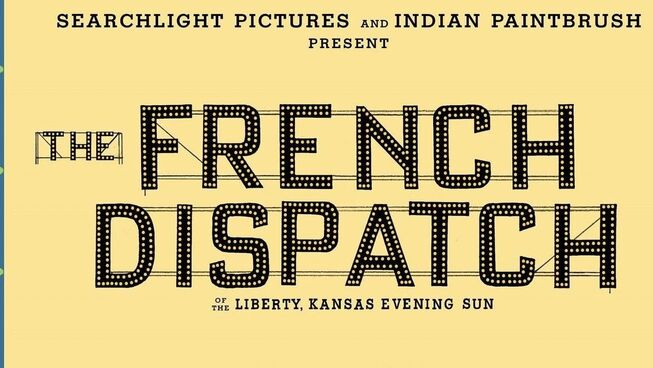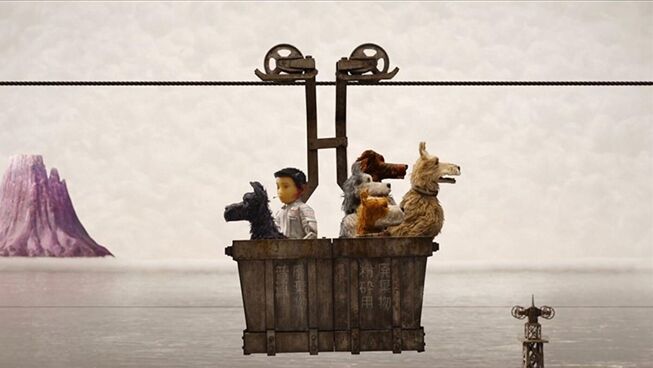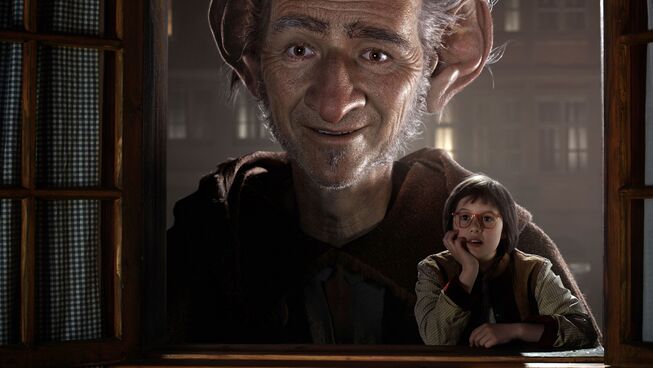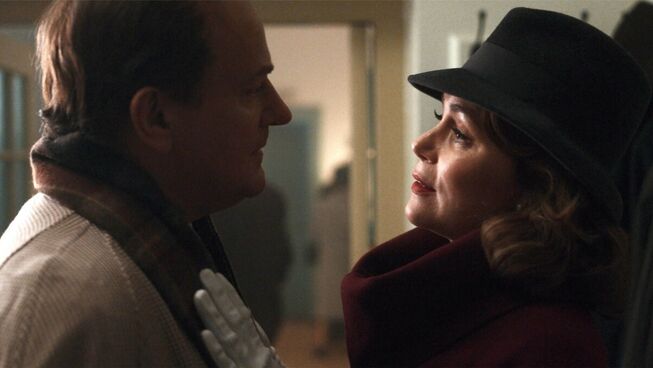Wes Anderson's Roald Dahl Short Films
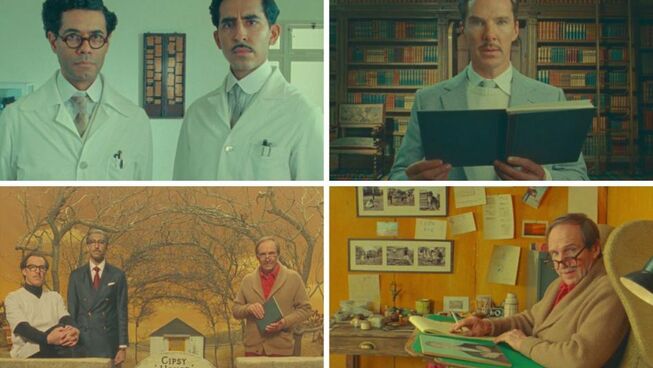
⭐️ ⭐️ ⭐️ ⭐️ (out of 5) overall
Short Take: The phrase comes from the film industry, initially, and it means a short bit of recording or “something that only takes a short time,” especially if a more extended version may be done later.
Short Take review of a short film: A short review of a film with potential discussion points
Summaries:
⭐️ ⭐️ ⭐️ ⭐️ - The Wonderful World of Henry Sugar: Henry Sugar’s (Benedict Cumberbatch) story is the first of a four-part series from director Wes Anderson (Asteroid City) based on the short stories from Roald Dahl. Written in 1977, the tale shares the unprecedented adventures of a rich, entitled man who discovers how to see without using his eyes. Once reading an account of a man who learned these skills from a guru in India, Henry determined to harness these abilities. After the man taps into this supernatural power, he uses these skills to cheat at gambling. Yet, what he does with the riches is unexpected and helps improve the world.
⭐️ ⭐️ 1/2 - Poison: Set in colonial India, this tale focusses on Harry (Benedict Cumberbatch), who is an Army officer who is found by his servant Woods (Dev Patel). The man is frozen in fear as he assumes a small poisonous snake lies upon his stomach. Throughout the film he is treated by Dr. Ganderbai (Ben Kingsley) as they attempt to counter any adverse effects of a potential snake bite.
⭐️ ⭐️ - The Rat Catcher: Two shop owners (Richard Ayoade and Rupert Friend) in a small village have enlisted the services of a Rat Catcher (Ralph Fiennes), trying to clear the area of vermin. The man has all of the characteristics of a rodent, such as scraggly yellow fingernails, beady eyes, and angular facial features. Despite being creepy and unnerving, his expertise is captivating, and the man looks to be the right person for the job. Until his methods are tested which prove to be distressing and disgusting.
⭐️ ⭐️ ⭐️ 1/2 - The Swan: The fascinating aspect of this story is that it is based on a true story. Roald Dahl had read a newspaper article and had held onto the clipping for over 30 years. He finally wrote the story of a young boy tormented by a bully named Ernie. As the victim, Peter Watson (Asa Jennings) is shown going through terrifying situations that involve trains and the killing of a swan; it is all narrated by him as an adult (Rupert Friend).
These stories are not designed for children, but they do depict the artistry of both writer and filmmaker.
Review: When Wes Anderson’s adaptation of Roald Dahl’s Fantastic Mr Fox came out in 2009 it was evident that the writer and filmmaker were a perfect combination. It was no surprise when it was announced that the director would make a series of the famous author’s lesser-known short stories, and the world looked forward to their release. Since neither artist is known for their aversion to portraying potentially offensive material in quirky and comedic styles, this proves to be a perfect union. Told in Anderson’s usual eccentric manner that breaks the fourth wall throughout the journey, Dahl’s narratives engage with bullying, rodents, transcendental meditation, gambling, cheating, racism, and blood clots to communicate a fascinating change in the lives of his central characters. Each story is for the devoted fans of these legendary creatives works who are willing to hold until the end to find the golden nugget of a life lesson. Thus proving that Roald Dahl’s stories were not always written for children, but have something to offer those willing to engage with his unconventional manner. Especially those mature tales that are put into the idiosyncratic mind and hands of Wes Anderson.
Reel Dialogue: Altruism
Not to spoil things for those who hope to watch the short film of The Wonderful Story of Henry Sugar, but it is actually a fable of altruism. Like so many of Dahl’s writings, it gets the audience there by less-than-conventional means by having the protagonist gain his wealth through cheating at gambling. Still, this film does cause one to think about being generous.
Generosity can be defined by readiness or liberality in giving. Selfless actions usually involve someone giving away money or other valuable items. It may be no surprise that the Bible has quite a bit to say about this trait.
“The generous will themselves be blessed, for they share their food with the poor.” Proverbs 22:9
The God of the Bible is generous and expects those who follow him to do the same. Not that you need to be a follower of God to be generous, but for those who claim to be Christians, this is meant to be emulated throughout our lives. Especially since God’s generosity goes beyond financial gain, as his greatest gift came through the sacrifice of his son, Jesus, to atone for the world's sins. It can be said that this gift to sinful mankind was the ultimate act of generosity.
Have you considered the generosity of God yourself?

Reel Marriage
Lights, Camera... Movies and Marriage!
Marriage is one of life’s greatest blessings, yet it faces countless challenges in today’s world. How can we strengthen our commitment and help others see its value? The Bible offers wisdom, but what if movies could serve as a bridge to deeper conversations about love, faith, and commitment?
Reel Marriage explores how film and Scripture can illuminate the beauty of marriage, providing fresh insights into God’s design for love and relationships. From classic romances to modern dramas, movies capture couples' struggles and triumphs, mirroring biblical truths in powerful ways.
Faith and film unite. Are you ready to see marriage in a whole new light?
If you order your copy today you will also receive a complementary handbook that is only available with the purchase of the book (Print or ebook)



